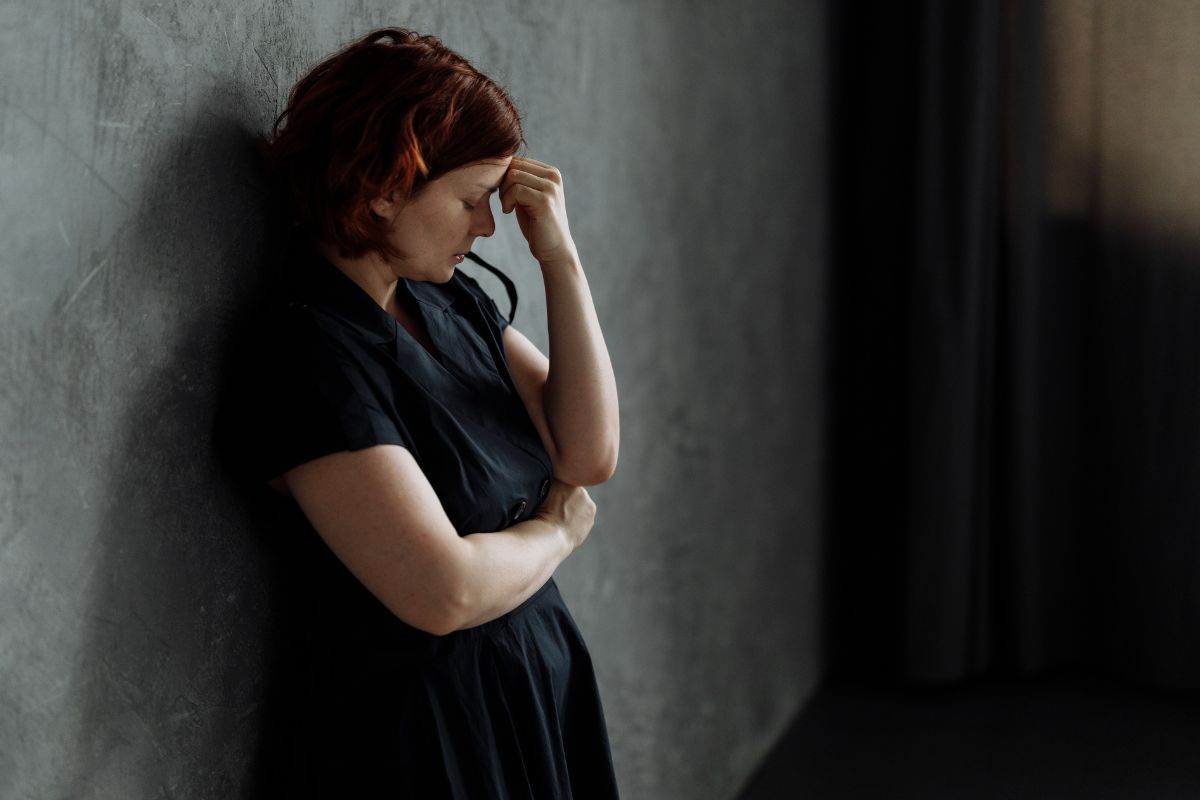Depression Definition
A mood disorder is a condition that incorporates depression. Anger, unhappiness, or failure feelings that interfere during daily activity are some common descriptions.
As per the WHO website: – Globally, the total number of people with depression was estimated to exceed 300 million in 2015, equivalent to 4.3% of the world’s population. In India, the National Mental Health Survey 2015-16 revealed that nearly 15% of Indian adults need active intervention for one or more mental health issues and one in 20 Indians suffers from depression. It is estimated that in 2012, India had over 258 000 suicides, with the age-group of 15-49 years being most affected./span>
Although sadness after a traumatic event in life or grieving following the loss of a beloved one both have specific characteristics in common with depression, these emotions are distinct from each other. While sorrow frequently does not, depression frequently does involve self-hatred or low self-esteem.
Usually, feelings of emotional pain are accompanied by pleasant sensations and happy recollections of the deceased while someone is weeping. Sadness is a continuous sensation in major depressive disorder.
Depression manifests itself differently for each person. Your everyday tasks could be hampered, causing you to lose time and reduce production. Relationships and some long-term medical disorders may also be affected.
Depression can lead to specific conditions, such as:
This is important to realize that having sadness occasionally is a healthy component of life. Everyone endures unhappy and troubling things in life. But if you frequently feel depressed or hopeless, you may be suffering from depression.
Without the right treatment, depression is regarded as a dangerous medical illness that might worsen.
Also Read:
Symptoms Of Depression
Depression might be more than simply a continuously depressed or “blue” feeling.
A major depressive episode can manifest in a number of ways. Some influence your body while others influence your mood. Additionally, symptoms might continue or come and go.
Test For Depression
No single test exists to identify depression. However, based on your symptoms and the results of a psychological assessment, your healthcare professional can make a diagnosis.
They typically probe you with a series of inquiries concerning your:
Moods, hunger, sleep habits, level of activity, and thoughts
Your healthcare provider may also perform a physical examination and request blood work because depression has been connected to other health issues. Sometimes depressive symptoms might be brought on by thyroid issues or a vitamin D shortage.
It’s critical to not disregard depressive disorder symptoms. Seek medical assistance if your mood doesn’t get better or grows worse. There is a chance of difficulties with depression, a significant mental health condition.
Complications might include trusted sources:
- self-harm
- drug usage disorder
- suicidal thoughts due to social isolation
- panic disorders
- loss or increase in weight
- relationship difficulties
- a physical hurt
General Symptoms And Signs (Depression Symptoms, Symptoms Of Depression )
The symptoms of depression vary from person to person. The degree, regularity, and duration of symptoms can all vary.
You may have depression if you have experienced some of the warning signs and symptoms listed below nearly every day for at least two weeks:
- feeling depressed, worried, or empty
- feeling useless, cynical, and hopeless
- crying a lot feeling upset, irritated, or furious losing interest in
- activities and pursuits you once found enjoyable
- reduced energy or weariness
- the trouble with concentration, memory, or decision-making
- moving or speaking more slowly, having trouble falling asleep,
- waking up early, or staying up late, and experiencing changes in appetite or weight
- persistent physical discomfort with no apparent cause that does not improve with treatment (headaches, aches or pains, digestive problems, cramps)
- Self-harm, suicide attempts, or death-related ideas
Who Is Most Prone To Depression?
Nobody is immune to depression, regardless of age, gender, or situation. Depression affects over 16 million Americans each year.
Depression may affect women more frequently than it does males. Additionally, having at least one depressing episode in your life is more likely if you have certain medical conditions or genetics.
Is It Possible To Stop Depression?
By getting adequate sleep, maintaining a nutritious diet, and engaging in regular self-care practices like yoga, meditation, and exercise, you can help prevent depression.
If you’ve previously struggled with depression, you could be more prone to do so again. Get treatment if you are experiencing symptoms of depression. You can recover more quickly with care.

